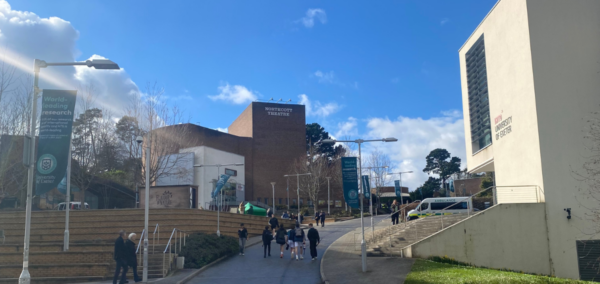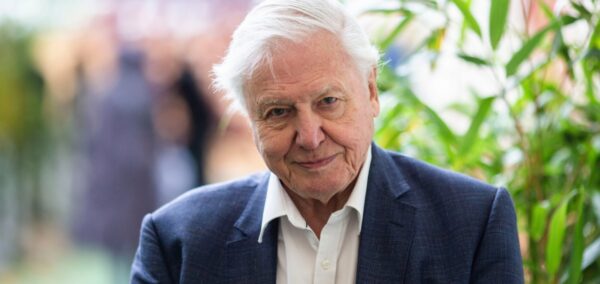
Just Stop Oil reported to ‘get things going’ in Durham
An anonymous Just Stop Oil volunteer says the student movement is growing rapidly
In the aftermath of a nationwide protest that saw universities across England adorned with their signature orange paint, it remains to be seen whether Durham will be the next canvas for Just Stop Oil.
In a recent interview, a student co-ordinator for Just Stop Oil at a nearby university shared insights into the movement’s objectives and their future plans for student activism
The volunteer, who wishes to remain anonymous, provided insight into Just Stop Oil’s mission to protest UK government’s plans to licence new oil and gas projects.
When probed about future plans in Durham, the interviewee chose to keep the details mysterious. However, he did reference a recent surge of activism at the university where a “few people have come out of the woodwork to get things going in Durham”.
Despite Just Stop Oil’s student movement still being in the early stages, he says it is growing rapidly.
So, what can Durham students expect? The response to questions about future plans for protest at the University was playfully vague, with answers of a simple “who knows”. The interviewee mentions upcoming activities of leaflet distribution and talks to come around campus.
As the movement continues to grow, it is likely that the characteristic bright orange of the activist group will appear in some form in Durham. The interviewee reiterates the fact that Just Stop Oil’s goal is to create awareness and mobilise support, challenging universities to confront their complicity in the climate crisis.
Explaining why universities were the specific target of the organisation, the student emphasised their role in perpetuating the climate crisis. He argued that universities inadvertently contribute to the fossil fuel industry by receiving significant funds and actively promoting careers related to fossil fuels.
Most Read
He stressed the need for institutions to acknowledge their role in shaping the next generation of professionals and academics while emphasising the moral implications of their actions.
He said: “We need to force politics to do something… force the government to do something… because change isn’t going to happen. If politicians do something we have a chance.”
Just Stop Oil is no stranger to strategic activism. The interviewee designated November as their “D Day” for protest and outlined their plan to get arrested as many times as possible in London.
Their approach involves overworking the police, filling cells, and exerting pressure on the state by breaking Section 12 of the Public Order Act, which forbids slow marching.
Inevitably, Just Stop Oil faces huge levels of national criticism. However, the interviewee explained that the movement primarily focuses on individuals who are predisposed to support the cause, rather than expending energy on sceptics.
In response to questions about widespread critique of their disruptive tactics, he argues that it is crucial to recognise that their disruption, while causing inconvenience, is relatively limited. He asserts that roadworks and diversions are common occurrences on thousands of roads, and Just Stop Oil’s actions occur momentarily for a few days throughout the year.
Instead, the anonymous student said he views slow-marching as empowering and harbours no regrets. Their objective is to convey a message that ordinary life cannot continue in the face of a climate crisis of such colossal proportions. He stresses that Just Stop Oil aims to communicate the urgency and necessity of addressing this “emotive” crisis through their disruptive actions.
The interview concluded with a message for the university community to recognise their institutional complicity in the climate crisis. As Durham anticipates a potential visit from Just Stop Oil, the reception of this controversial group is yet to be determined as the atmosphere regarding their presence remains uncertain.
Durham University has not yet responded to the interviewee’s message.
Related stories recommended by this author:
• St Aiden’s rebrands as ‘language cafe’ and clamps down on boozy socials
• Durham post-grad student jailed for grooming 13-year-old girl with autism

















